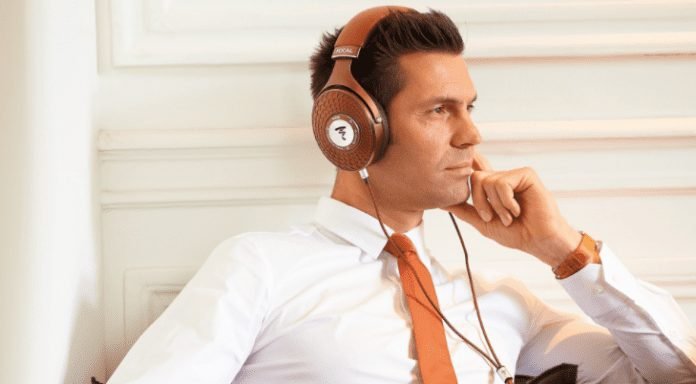Last Updated on October 28, 2022 by
Is there a daily restriction on how long you can use your headphones? In truth, there is. The answer to the question of how long you should use your headphones each day is one hour, according to the World Health Organization. This may seem ridiculous to you or your child (or both of you), but the reality is that the longer you listen and the louder it becomes, the faster your hearing deteriorates. Hearing loss used to be a problem that mainly affected the elderly, but as a result of the way we listen to music, it is now significantly more common among younger generations. Concerts and nightclubs are also more popular among teenagers and young adults.
Perhaps you’ve stopped going to nightclubs, but have you also stopped listening to loud music? If not, you should be aware that the World Health Organization estimates that over 1.1 billion people aged 12 to 35 are at risk of hearing loss. According to a study, hearing loss has grown in younger age groups over the preceding decade, and this is most likely attributable to personal gadgets. We listen to music on our iPods, telephones, headphones, and other devices. It may be a lovely thing to shut out the rest of the world and focus just on your music. However, if you don’t use your equipment properly, you may end up paying the price with your hearing. Reviewed Everything has explained pros and cons of all types of headphones either they are related to gaming or studio purpose.
Only 3.5 per cent of American teenagers suffered hearing loss 25 years ago in 1994, but by 2006, that number had risen to 6 per cent. It’s been 13 years, and the figures are still rising. To avoid hearing loss in yourself or your children, you should stick to the WHO’s advice of using headphones for no more than one hour per day and never turning up the level on your listening device above 60% of the maximum level. You can keep your hearing when you listen to music with these recommendations. The amount of time you listen to loud noises and the volume of those sounds are two main factors that contribute to irreversible hearing loss.
Most talks are between 60 and 70 dB, which are not harmful to your hearing. However, if you live near a building site and stand near an idle bulldozer about to rip up the road, the decibel level will be approximately 85. If you listened to it at that volume all day without protecting your ears, you’d have irreversible hearing impairment in about 8 hours. Thunderclaps may reach 120 dB, causing hearing loss in as little as 9 seconds. This loss might be abrupt at times, or it might build up over time. In most cases, it isn’t evident at first. Most people do not recognize the extent of the harm until it is too late, to avoid from the harm of excessive use of headphones you must get guide and headphones from ReviewedEverything.com
How they can be Beneficial?
Headphones, on the other hand, might be beneficial to your auditory health if used correctly. These are the greatest over-ear or noise-cancelling headphones because they allow you to hear what you want to hear at much lower volumes. Most people use headphones to block out distracting background noises, but if you can’t hear them, you’re less inclined to keep turning up the volume. Headphones can cause hearing loss in as little as four minutes when used at full volume. As an adult, you’re probably shocked to read this. Your teen, on the other hand, may not comprehend why you’re asking them to take off their headphones or turn down the music.
The WHO is also pushing headphone manufacturers and other regulatory bodies to intervene and produce listening devices that will not hurt those who use them in the long run. It’s not all about the headphones. Loud concerts and nightclubs should also take steps to safeguard the hearing of their patrons. It would surely be useful to provide earplugs or calm areas where individuals might escape the cacophony. Until that time arrives, you may take control of your hearing. Reduce the level and remove the headphones to give your ears a break. Also, talk about it with your kids. It doesn’t matter what sort of music they’re listening to, either.













